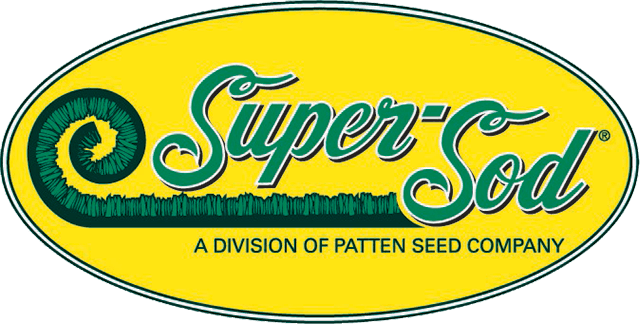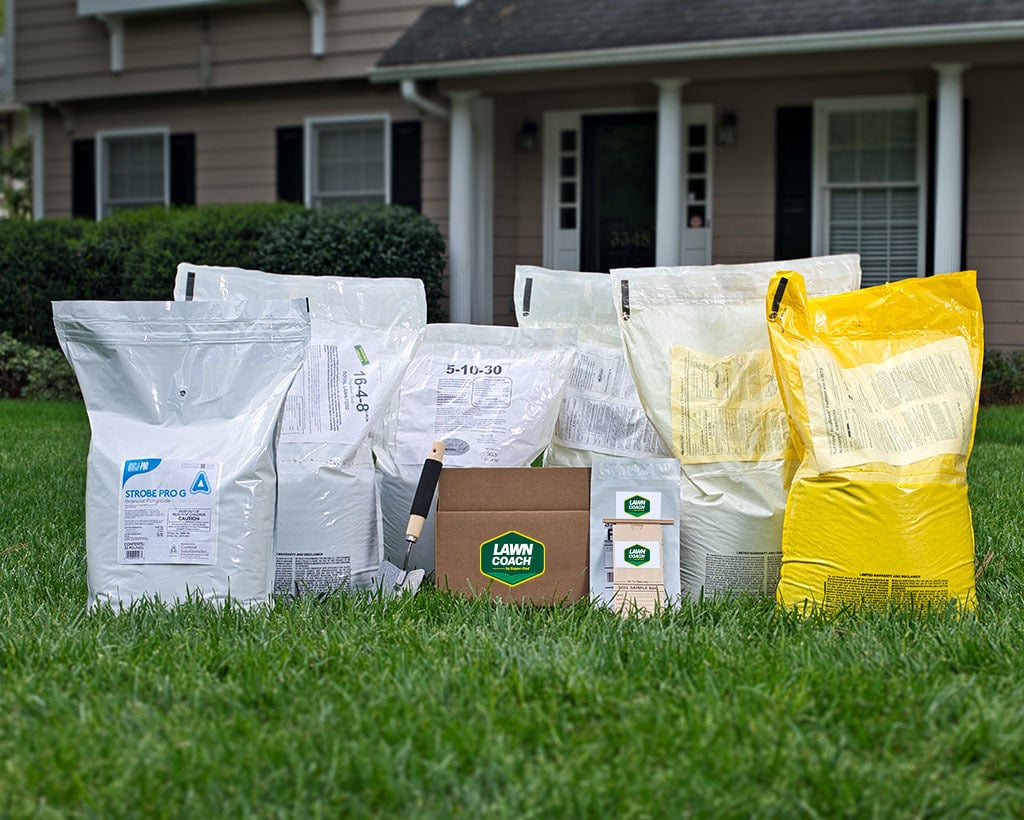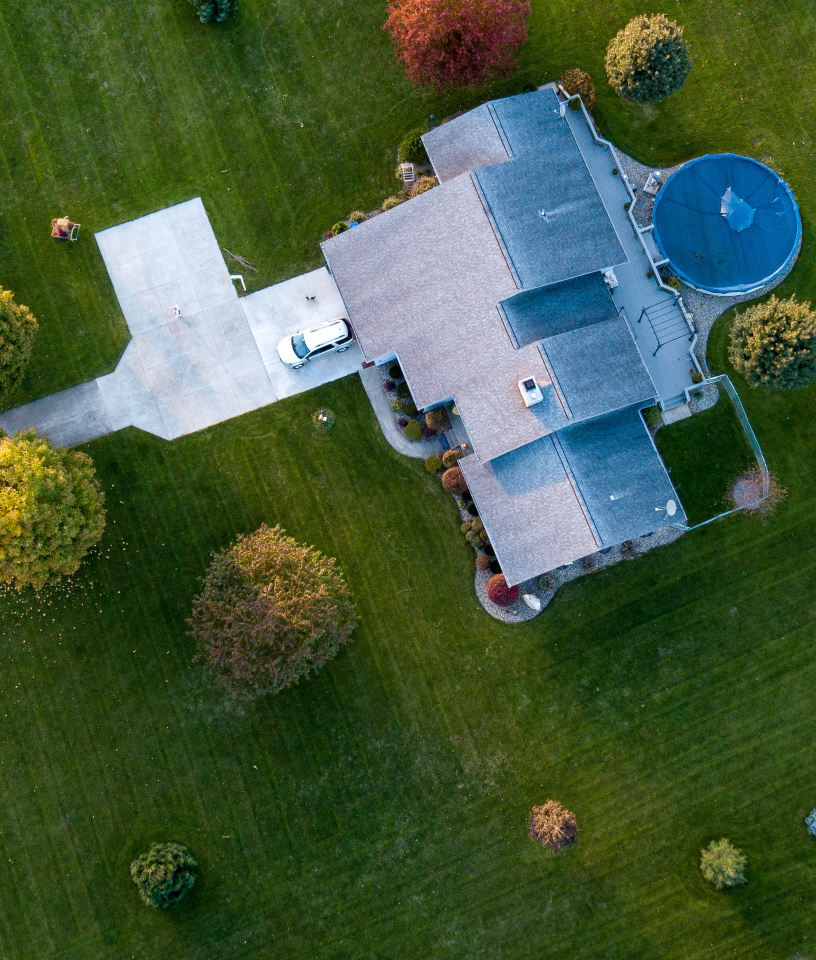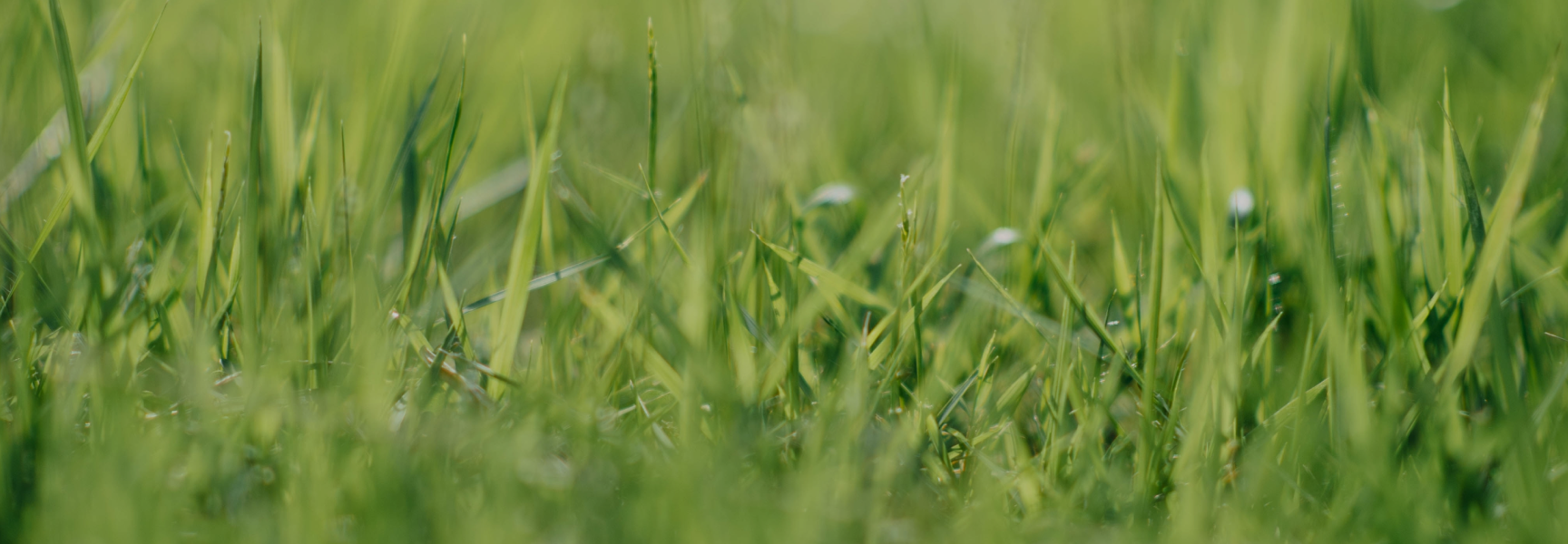
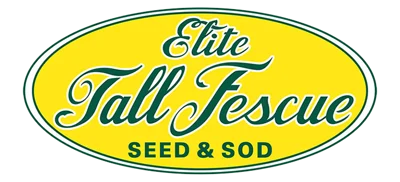
Turfgrass Spec Sheet: Elite Tall Fescue
- Shade & Tolerance
- Drought & Tolerance
- Traffic Wear & Tear Tolerance
- Maintenance Level
(Time + Dollars)
Description
Every year we hand select the 3 best tall fescue varieties for the Southeast. Our Elite blend consists of the latest “best performing” tested varieties with the highest ranking drought and heat tolerances and disease and pest resistances.
Uses
Anywhere in the upper south where cooler summer conditions are conducive to growing a fine tall fescue lawn. Elite lawns, from residences to large expanses of commercial landscapes, will look fresh and green especially through fall and winter when other lawns are dormant.
Adaptability
Tall fescue thrives in regions with cooler night time temperatures, but our Elite tall fescue exhibits excellent heat tolerance in the regions north of a line running from Atlanta to Charlotte to Raleigh. We will help you determine if you’re in a suitable climate for tall fescue.
Adaptability Zones
Zones 3a to 7b on the 2012 USDA Plant Hardiness Zone Map or Zones 2-5 on the Turfgrass Hardiness Map.
Dormancy
Tall fescue is a cool-season turfgrass. In the warmest part of its growing range, it will thin out in July to August or when night time temperatures are consistently above 70 degrees, but will thrive again when cooler temperatures return in September.
Shade Tolerance
Tall fescue thrives in sun and shade. It is more shade tolerant than most warm-season grasses, yet it still needs some sunlight. Ex., high pine shade or heavily dappled shade – if both situations get 3 to 4 hours of direct sunlight.
Drought Tolerance & Water Management
Elite is one of the most drought-tolerant cool-season grass blends. Optimum water management, as with any grass, is dependent on soil physical characteristics and climate. Elite will require at least 1” of water per week, maybe 2” in the heat of high summer (July-August). Even though we select the most drought tolerant tall fescue varieties for our Elite blend, a tall fescue lawn still requires more water than warm-season lawns.
Weed Tolerance
Use of a pre-emergent herbicide on established tall fescue is recommended in the spring and fall. Elite is tolerant of most herbicides, but make sure herbicide product specifies it’s safe for use on tall fescue lawns and carefully read and follow all product labels. If you reseed in the fall, don’t use pre-emergent herbicide 90 days prior to seeding or at time of seeding (use of pre-emergent is safe again after you mow the newly seeded lawn for the first time – once it reaches 3 to 3.5” tall).
Insect Tolerance
Elite is subject to the common insect pests of all other cool season grasses including, but not limited to, armyworms and white grubs. Armyworms have the potential to cause severe damage to tall fescue lawns if not identified and treated immediately. In some cases, overseeding may be required to repair damage.
Disease Resistance
Elite is a blend of the most current disease resistant selections commercially available. Brown patch is a disease that is inherent in many soils and we recommend compost topdressing in the fall to strengthen roots and minimize disease impact. Much more on this topic can be found on soil3.com. Here in the South, we recommend preventative fungicide treatments on 14 to 30 day intervals (depending on the fungicide), during spring and summer, after nighttime low temperatures rise to above 60°F.
Traffic & Wear Tolerance
Tall fescue does not tolerate heavy wear and traffic. Because it grows in clumps, rather than spreading by stolons and rhizomes like warm-season grasses, recovery from excess wear is slow.
Soil Fertility Ranges
Apply 2 to 4 lbs. of nitrogen per 1,000 sq. ft. annually, during the growing season. Always fertilize based on a soil test. Begin fertilizer applications in the fall and continue until spring, during fescue’s peak growing months (September-April). Topdressing with Soil3 compost and aerating in the fall, when temperatures start to cool off again, can supply one of Elite’s fertilizer applications for the year. The practice of compost topdressing with Soil3 is true organic lawn care.
Soil pH
Tall fescue prefers a range of soil pH from 6.5 to 7.5. Always apply lime based on a soil test, but most southern clay soils are acidic and, for a healthy tall fescue lawn, require liming to raise the pH.
Mowing Height
Maintain cutting height of 2.5 to 3”; taller to 3 to 3.5” in warm summer months. Tall fescue is a rapid grower during cool weather and mowing needs are on 5 to 7 day intervals (less frequent in warm months). Mow no more than 1/3 of the leaf off at one mowing. Use sharp mower blades and mow with a rotary mower. Mulching mowers work well with tall fescue, no need to catch and remove clippings. Thatch is not a problem with tall fescue lawns.
Establishment
Elite is available as either sod or seed and complete establishment instructions for both are on our website. Sod is easy to establish, however, in our southern climate we recommend sodding in the cool months of September-April. Seed is also easy to establish, but requires more attention to watering early on. Our seed comes with MYCO Advantage®, a coating of microorganisms to nurture stronger roots, and with Penkoted Technology, a coating of protective fungicide to protect vulnerable young seedlings. Plant seed in the fall (September-November), covering it with a thin layer of Soil3 compost to improve establishment.
Continued Care
Most existing tall fescue lawns should be overseeded annually to keep the lawn looking fresh, lush, and vigorous. This should be done every fall, at the same time the existing lawn is aerated and compost topdressed.
Quality and Purity
First quality Elite seed is sold with a blue tag label – the blue tag label guarantees Elite to be free of noxious weeds and other pests. All Elite sod fields are established from gold-tag certified seed, the best quality available, reducing off type problems like Poa trivialis. Elite tall fescue sod and seed are available exclusively from Super-Sod.
